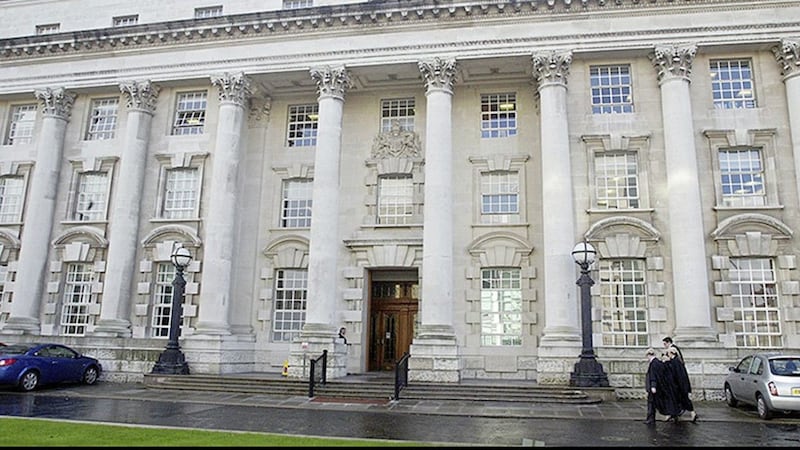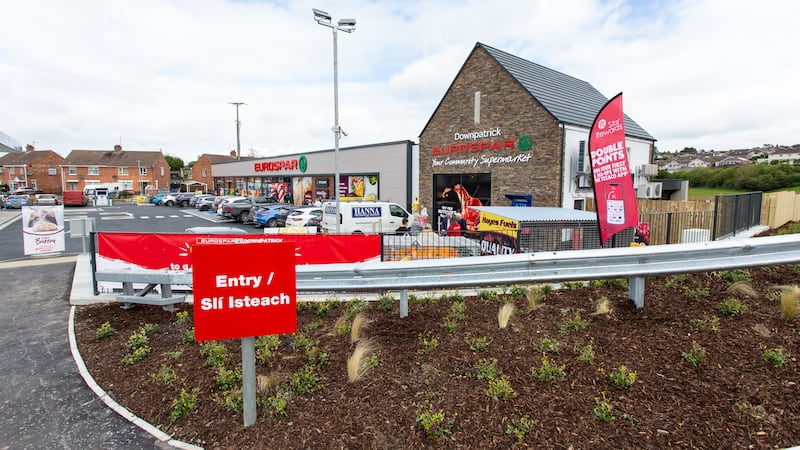A Belfast man jailed for forgery offences linked to a republican shooting of a police officer in Belgium 28 years ago has failed in a bid to clear his name.
Senior judges ruled that Patrick Anthony Guinness's abandonment of his original appeal is "irrevocable".
Guinness was seeking to resurrect a challenge to being convicted on charges connected to a gun attack carried out by the Irish People's Liberation Organisation (IPLO) in December 1989.
The name of the republican splinter faction's target in Antwerp has not yet been made available in a judgment delivered by the Court of Appeal in Belfast.
Following the shooting two men fled the scene, with firearms and a British passport recovered from their abandoned car.
Investigating police then found documentation including passports and birth certificates at a flat in Amsterdam.
Guinness was arrested in February 1991 after his home in Belfast was searched as part of inquiries.
Police discovered a box containing 80 blank press passes, photographs and a photographic negative of an IPLO member on the run since the shooting in Belgium, the court heard.
The press passes were from the same batch as those found in Amsterdam, while other terrorist-related material was also found.
Days later a second search at Guinness's chip shop on the Ormeau Road uncovered further information allegedly connecting him to the IPLO.
During police questioning he admitted being recruited into the organisation in early 1989, but later he redacted his confessions and did not sign interview notes.
In January 1992 he pleaded guilty to seven offences, including belonging to a proscribed organisation, making available a false passport, making fake National Union of Journalists membership cards, and completing a bogus passport application form.
Months later he lodged an appeal against convictions, only to abandon it in 1994.
Twenty years later, and following failed applications to the Criminal Cases Review Commission, he launched a fresh legal challenge.
But the court would only re-examine the case if the original ditching of the appeal was held to be a nullity.
Lawyers for Guinness argued that the abandonment had been rendered void by it not being the result of a deliberate and informed decision.
He insisted that he did not understand withdrawing his appeal was an absolute bar to resuming it at a later date.
Issues were raised over the original passport application document being made available to his expert, and having counsel to take on his case after pleading guilty.
But rejecting all grounds of challenge, Mr Justice Stephens ruled that Guinness was aware he was making a final decision over his original appeal.
Rejecting the bid to treat it as a nullity, he said: "We conclude that the applicant abandoned his application for leave to appeal against conviction. That abandonment is irrevocable."


